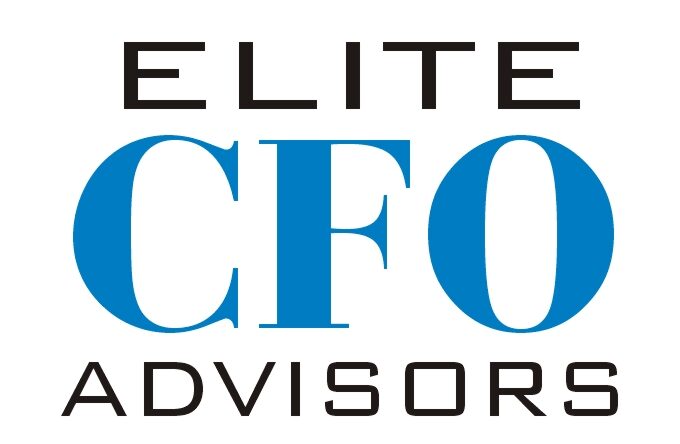
As the owner of an S Corporation, income is reported in a specific way that differs from other business entities. An S Corporation itself does not pay income tax. Instead, it passes through the income (as well as deductions, losses, and credits) to its shareholders. The shareholders then report these items on their personal tax returns. Here’s how the process works:
Form 1120S: The S Corporation files a Form 1120S, an income tax return that reports the corporation’s income, gains, losses, deductions, credits, etc. This form helps the IRS understand the corporation’s financial activities for the year.
Schedule K-1 (Form 1120S): Each shareholder receives a Schedule K-1 (Form 1120S) from the S Corporation. This document outlines the shareholder’s share of the corporation’s income, deductions, credits, etc. It’s based on their percentage ownership of the corporation.
Personal Tax Returns: Shareholders use the information from Schedule K-1 to fill out their personal tax returns. The items from Schedule K-1 are reported on Form 1040 (the individual income tax return) and are taxed at the shareholder’s individual tax rates. This method avoids the double taxation often associated with C Corporations, where the corporation pays taxes on its income and shareholders also pay taxes on any dividends received.
Employment Taxes and Reasonable Compensation: If shareholders work for the S Corporation, they should receive reasonable compensation for their services. This compensation is subject to employment taxes (Social Security and Medicare taxes), which are reported on Form W-2. Profits distributed beyond reasonable compensation are considered distributions, which are not subject to employment taxes.
This pass-through taxation structure is intended to provide tax benefits to small business owners by allowing business income to be taxed at personal income tax rates, potentially avoiding the higher corporate tax rates. It’s important for S Corporation owners and shareholders to maintain accurate records and understand their tax reporting obligations to comply with IRS regulations and optimize their tax outcomes.
For more detailed guidance and the specific forms needed, visiting the IRS website or consulting with a tax professional is recommended, as they can provide tailored advice based on your specific situation and ensure compliance with the latest tax laws and regulations. #Scorporations#Taxes#IncomeTaxes#BusinessOwners#Entrepreneurs#FractionalCFO#CFO#SmallBusinessOwners

